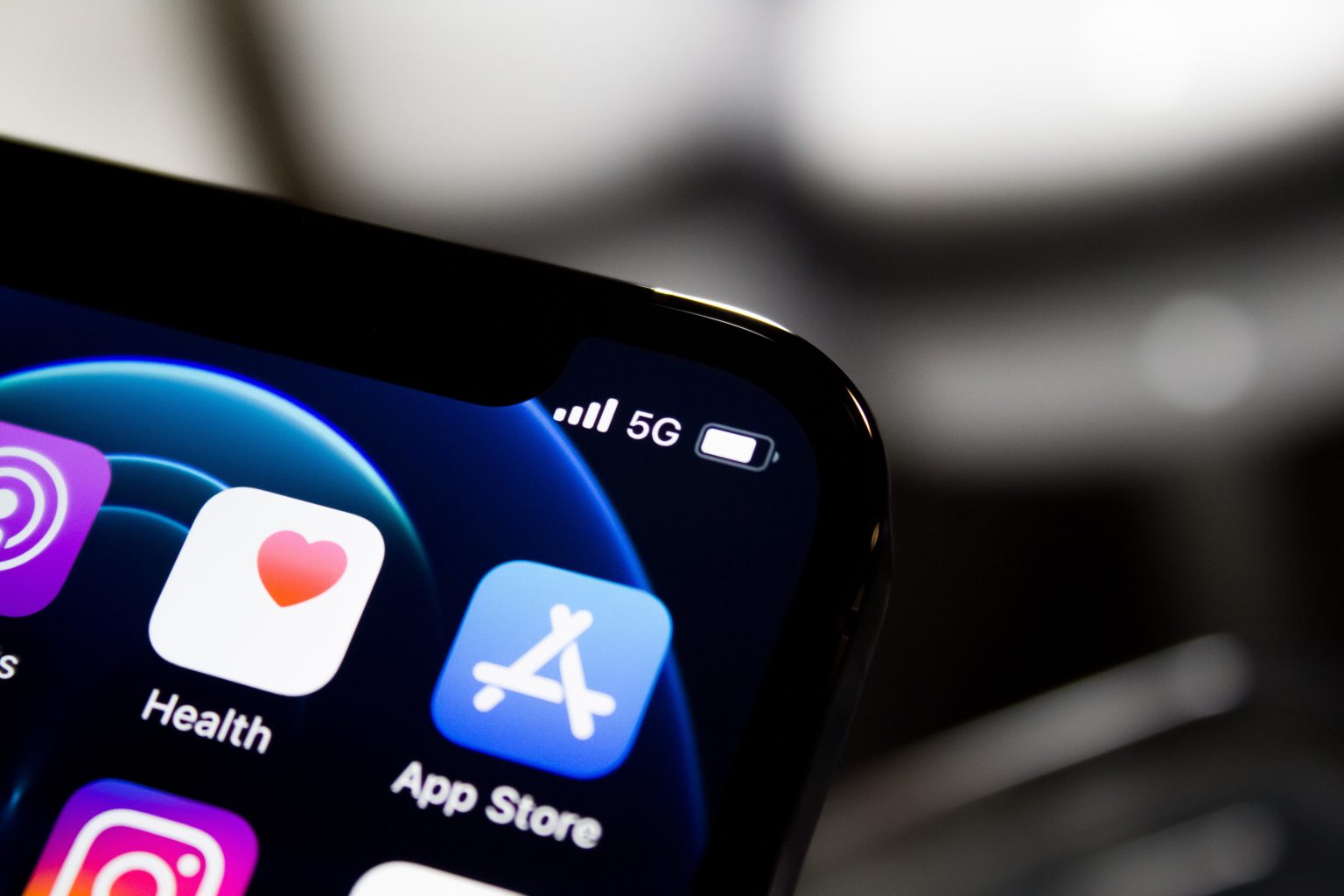Apple is prioritizing user privacy in its App Store by implementing a new policy to combat the misuse of APIs.
In the digital age, user privacy has become an increasingly critical concern, with concerns over data tracking and online profiling rising. Addressing these concerns head-on, Apple has taken a proactive step to protect user privacy by cracking down on ‘fingerprinting’ through the introduction of new App Store API rules.
Under this policy, developers will now be required to provide an explanation for why they need access to specific data. APIs are tools used by developers to extract and exchange data, but some have been used for unauthorized data collection or “fingerprinting” to identify devices or users. Apple does not allow fingerprinting, even with user permission to track. This move by Apple aims to address the increased use of fingerprinting in response to privacy protections implemented by companies like Apple and Mozilla.
Understanding ‘Fingerprinting’
‘Fingerprinting’ is a controversial technique used to track users across various apps and websites without their explicit consent or knowledge. Instead of relying on traditional tracking methods like cookies, ‘fingerprinting’ creates a unique identifier based on various device characteristics, such as hardware configurations, system fonts, and screen resolution. This method enables advertisers to build user profiles, track browsing habits, and deliver targeted advertisements without direct user consent.
Apple’s Commitment to User Privacy
Apple has consistently emphasized user privacy as a fundamental pillar of its ecosystem. By integrating privacy features like App Tracking Transparency (ATT) and Intelligent Tracking Prevention (ITP) across its devices and platforms, Apple has positioned itself as a privacy-focused tech giant. The latest move to crack down on ‘fingerprinting’ reinforces its commitment to safeguarding user data and empowering users with greater control over their digital footprint.
Starting in fall 2023, developers must specify an “approved reason” for accessing certain APIs, such as file timestamps or system boot time. Failure to provide a reason will result in being informed to add the approved reason before resubmitting, and by spring 2024, apps without a reason will be rejected. If a developer believes their API use should be approved for a different reason, they can reach out to Apple. While some developers have expressed concerns about providing reasons for commonly used APIs like UserDefaults, Apple is providing ample time and warnings for developers to comply with the new policy.
The New App Store API Rules
With the release of iOS 15 and iPadOS 15, Apple has introduced new App Store API rules aimed at curbing the practice of ‘fingerprinting.’ These rules will prohibit developers from accessing device-specific information that could be used to create unique device fingerprints for tracking purposes.
The Key Implications
- Enhanced User Privacy: By eliminating ‘fingerprinting,’ Apple ensures that users have more control over their personal data and online activity. This move bolsters user trust in the Apple ecosystem and encourages other technology companies to follow suit.
- Impact on Advertisers and App Developers: Advertisers relying on ‘fingerprinting’ for targeted marketing may face challenges in delivering personalized ads without intrusive user tracking. App developers dependent on such tracking mechanisms might need to reconsider their monetization strategies and adopt privacy-respecting alternatives.
- Shift towards Privacy-Centric Practices: Apple’s strict stance against ‘fingerprinting’ is likely to accelerate the industry-wide trend of adopting privacy-centric practices. As users become increasingly conscious of data privacy, businesses must adapt their strategies to align with these changing consumer expectations.
- Regulatory Compliance: Apple’s move aligns with global privacy regulations like the EU’s General Data Protection Regulation (GDPR) and the California Consumer Privacy Act (CCPA). Adhering to these guidelines not only ensures user privacy but also mitigates the risk of potential legal ramifications.

